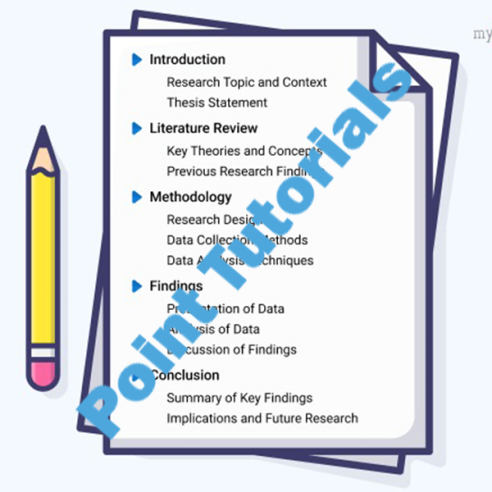
TASK 2: LEADERSHIP SKILLS AND MINDSET — D218
In Stock
LEADERSHIP SKILLS AND MINDSET
C1. Differences Between the Roles of a Leader and a Manager
The distinction between leadership and management is fundamental and complex in the healthcare environment. According to Yoder-Wise and Sportsman (2022), leaders inspire and guide their teams toward a shared vision and prescient aim. They are instrumental in fostering innovation, encouraging personal and expert growth, and growing a conducive environment for business. Leadership entails putting instructions, building inspiring visions, and using the creation of something new. In contrast, Yoder-Wise and Sportsman (2022) note that managers are tasked with preserving operational efficiency, ensuring that everyday tasks are carried out seamlessly, and coping with resources effectively. Their role aligns with making plans, organizing, directing, and controlling to reap unique organizational targets. This dichotomy highlights the complementary nature of leadership and control inside healthcare, underscoring the significance of both roles in accomplishing perfect care delivery.
C2. Present Leadership and Management Skills and Skills Application
Identifying and leveraging each leadership and management skill is vital within the healthcare environment, where the ability to guide teams and manage assets effectively can extensively impact patient care and outcomes. Among the skills I currently own, three leadership skills stand out: empathy, visionary questioning, and effective communication. On the management facet, my strengths consist of strategic making plans, decision-making, and delegation.
Leadership Skills
- Empathy: Empathy allows me to recognize and proportion the emotions of others, a critical skill for leading in healthcare. For instance, when a team member suffers from personal problems affecting their work, I take the time to concentrate and recognize their situation, offering guidance and adjustments to their workload. According to Yoder-Wise and Sportsman (2022), this technique helps the team members feel valued and supported and maintains team productivity and morale.
- Visionary Thinking: I consistently strive to assess better results and best solutions for our patients and the team. A clear example of this came after I proposed the adoption of a new patient engagement technology that customized care plans primarily based on patient feedback and statistics. This initiative aimed to improve patient satisfaction and health outcomes through tailoring interventions to their desires.
- Effective Communication: Speaking honestly and persuasively is critical to leadership. I utilized this skill at some point in a crucial alternate control procedure, in which I articulated the advantages and the need for effective communication with the group, addressing concerns and motivating them toward the shared vision. This ensured a smoother transition and collaboration from the crew.
Management Skills:
Strategic Planning: My potential to see the bigger image and plan has been instrumental. For instance, spotting the need for personnel development, I developed a 12-month-long education program that aligned with our department’s goals,
Price:$30.00
Category: List of Solutions
